An all-digital public TV station for Southwest Virginia is slated to launch next year
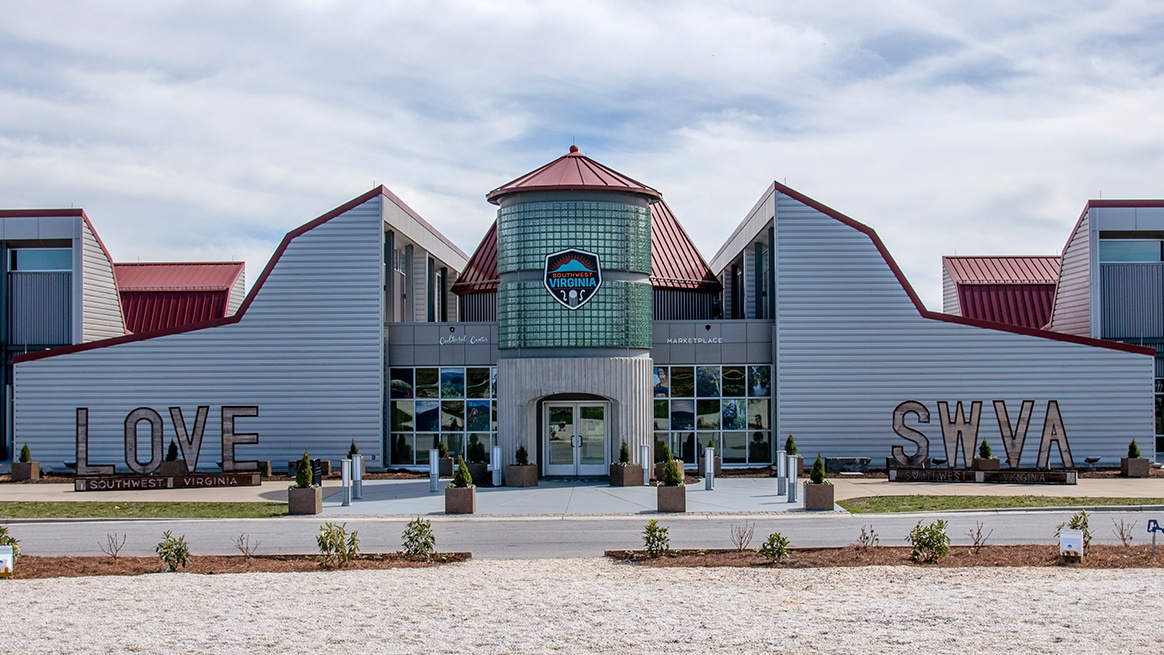
Southwest Virginia Cultural Center / PBS Appalachia Virginia
Staff of PBS Appalachia Virginia will work from studios being built inside the Southwest Virginia Cultural Center, a tourist destination featuring artisan crafts and live music performance in Abingdon, Va.
Blue Ridge PBS in Roanoke, Va., plans to launch an all-digital television service for Southwestern Virginia, a rural, mountainous region that lacks access to local public TV signals.
PBS Appalachia Virginia will be the first of its kind for public television, delivering the full PBS schedule and original local programming as a streaming service accessible through WiFi and broadband connections. Its staff and studios will be based in Abingdon, just north of the Tri-Cities area of northeastern Tennessee, and work from a headquarters inside the Southwest Virginia Cultural Center, a tourist destination featuring artisan crafts and live music performance.
Blue Ridge Public Television Inc., licensee to the Roanoke PBS station, intends to brand and promote PBS Appalachia Virginia as a distinctly local service that leans into the future of television.
“It made sense to, instead of putting a new transmitter up, go the way that our media is heading right now and do it all-digitally,” said William Anderson, Blue Ridge PBS CEO since 2019.
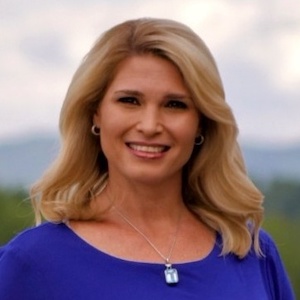
Anderson and Julie Newman, GM for PBS Appalachia Virginia since June, plan to provide robust local programming to a region that hasn’t had it in a long time, especially in comparison to other regions in the commonwealth.
In Southeastern Virginia, Norfolk-based WHRO Public Media delivers public TV, radio and educational services to the Tidewater region that includes Hampton Roads and the eastern shore of Virginia. Signals from Richmond-based VPM, also a dual licensee, extend across the middle of the commonwealth to Charlottesville and Harrisonburg. And from suburban Arlington, WETA provides PBS programming and an all-classical public radio service to Northern Virginia.
Blue Ridge PBS, a TV-only operation, serves the southwestern quadrant of the commonwealth, but since 2017 its broadcast signal hasn’t covered the entire region. Blue Ridge PBS’ leaders now want to fix that by creating a distinctly local streaming service for 13 counties at the far southwestern tip of the state. They’re working to launch the service by June 2023.
The idea grew from financial hardships and opportunities that changed Blue Ridge PBS’ broadcast service going back more than a decade. In December 2011, Republican Gov. Bob McDonnell used his veto pen to zero out $3.6 million in subsidies appropriated for Virginia’s public TV and radio stations. To cut its costs in 2013, Blue Ridge PBS shut down the two transmitters that extended its signal into the Tri-Cities region. The area includes communities on the Tennessee border, including Bristol, Va./Tenn., Kingsport and Johnson City, Tenn., and Virginia’s far southwestern corner. At that time, about 15% of viewers in the region received Blue Ridge PBS’ signals through digital antennas or converters.
The transmitters were later restored to service, but they went dark for good after the 2017 FCC spectrum auction. Blue Ridge PBS earned $5.8 million by giving up the channels assigned to both transmitters. James Baum, then-president of Blue Ridge PBS, said signals from PBS stations in Tennessee, Kentucky, West Virginia and North Carolina would close gaps in broadcast coverage. “With all of those state networks and stations coming in, it was clear we could shut those stations down and not affect viewers at all,” Baum said.
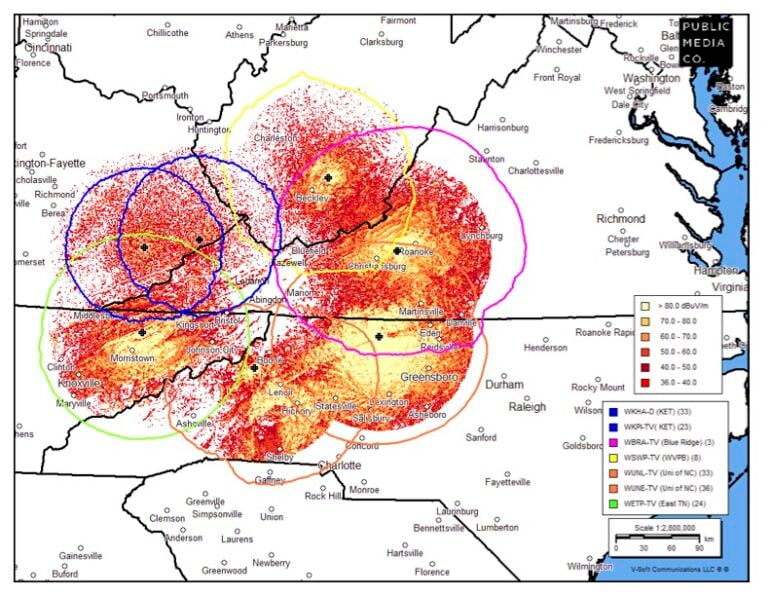
PBS stations from neighboring states are accessible to some communities, but the mountainous terrain of Appalachia means that some TV households can’t receive those signals, Newman said. With PBS Appalachia Virginia, Blue Ridge Public TV will deliver public media programming to the entire region.
“I’m not calling Southwest Virginia an unserved area, but it is severely underserved as far as public media goes,” Newman said. “One of the core reasons we are creating PBS Appalachia Virginia is to create content from the region, about the region and for the region — not just to provide viewers with mainstream PBS programming.”
Virginia’s political leaders have invested in the startup. Anderson began making the case for the commonwealth to support an all-digital station in 2020. A bipartisan group of legislators helped secure $500,000 in funds this year from Virginia’s Department of Education. Once lawmakers understood that the future of public media can be digital, if it’s supported, they were on-board, he said.
The funds support costs of building and equipping the station’s studio in Abingdon and of hiring producers.
“Aside from the studio build, field equipment costs and field producers, the infrastructure costs to run an all-digital station are relatively inexpensive — especially when compared to running and maintaining a transmitter or two,” Newman said.
Blue Ridge PBS and PBS Appalachia Virginia will share some of the same overhead costs, such as human resources, but the digital station will have its own distinct team of producers. Jacob Dellinger, a three-time Regional Emmy-winning cinematographer, director and producer, will be EP for the station.
Showcase for regional arts and culture
Newman, a former news anchor for the NBC affiliate in Bristol, Va., is a familiar face in the community. She’s a four-time Regional Emmy winner who worked at Blue Ridge PBS from 2009–12 as an EP and host.
As GM, she’s now developing a production slate that provides a mixture of programs highlighting the region’s rural culture, she said. Working titles for programs in the works include Hometowns, a series profiling Appalachian communities, and Appalachian Artisans, a showcase for local painters, crafters, potters and glass blowers. Additional titles include Musical Heritage, highlighting the area’s influence on bluegrass and country music; and Field to Table, an outdoor series that documents hunting and fishing practices.
The partnership with Southwest Virginia Cultural Heritage Center, an events space that welcomes tourists and features regional arts and crafts, includes collaborating on video productions that showcase the region and help promote tourism, Newman said.
Newman and Anderson intend to position PBS Appalachia Virginia as distinctly separate from Blue Ridge PBS, even though they’re owned by the same public TV nonprofit licensee. They want to build a separate membership program and online donation portal for PBS Appalachia so members can access the all-digital station and PBS Passport, the streaming service for station supporters. They’re also hoping that PBS Appalachia Virginia will qualify for CPB’s Community Service Grant program as a separate station, though they haven’t formally applied yet for CSG qualification.
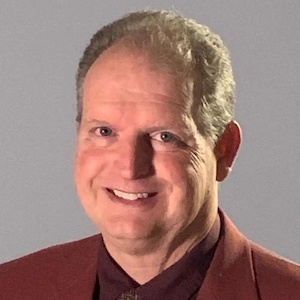
How public TV’s first all-digital streaming service will fit into the system’s broadcast-centered dues and funding policies has yet to be determined. “We would love to pay PBS dues for PBSA, it’s only fair to do so,” Anderson wrote in an email. “However, it may take a while to figure out how those dues would be calculated, given the current dues formula. We are working with leaders of the national organizations to try and determine how this new station can integrate with PBS and CPB.”
“This is certainly cutting edge on how PBS and the local stations can figure out how to move forward in the digital space,” he added.
Another big challenge is pushing to improve internet access in the region so that residents of rural areas will be able to watch the live stream via YouTube TV, Roku, DirectTV Stream, Amazon Fire and Apple TV — or a mobile app that’s being developed for the digital station.
Station officials have spoken to members of Virginia’s congressional delegation — Sens. Mark Warner and Tim Kaine and Rep. Morgan Griffith, who represents Southwest Virginia — about federal initiatives to increase internet access in underserved communities, Newman said.
In June, Virginia was selected as one of four states to receive federal funds from the 2021 American Rescue Plan to bring affordable broadband internet to rural and remote communities.
“Broadband is not as robust in our area as it is in other parts of the country,” Newman said.
Commonwealth Connect, a 2020 report laying out then-Gov. Ralph Northam’s plan to expand access to high-speed internet, found a significant difference between urban and rural areas. Reliable high-speed internet is nearly universally accessible in Virginia’s urban communities; but in rural areas, only 69 percent of residents have access to high-speed internet connections of 25/3 megabits per second download and upload speeds. Gov. Glenn Youngkin, a Republican who took office this year, has pledged to invest in expanding access to broadband at speeds of 100/20 Mbps, according to the Benton Institute for Broadband and Society.
“[T]here is a very strong initiative in the commonwealth of Virginia to make broadband robust, that really came about during COVID,” Newman said. “Children couldn’t go to school, everyone was doing digital learning, and, in areas like Southwest Virginia, if you didn’t have broadband access, your learning kind of came to a screeching halt.”
“There is a very strong push to make sure that every single household in Appalachia has access to broadband,” she added. “We saw that as the reason that this is the right time to launch a digital station.”




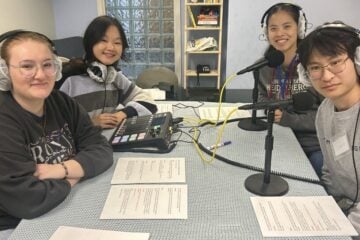
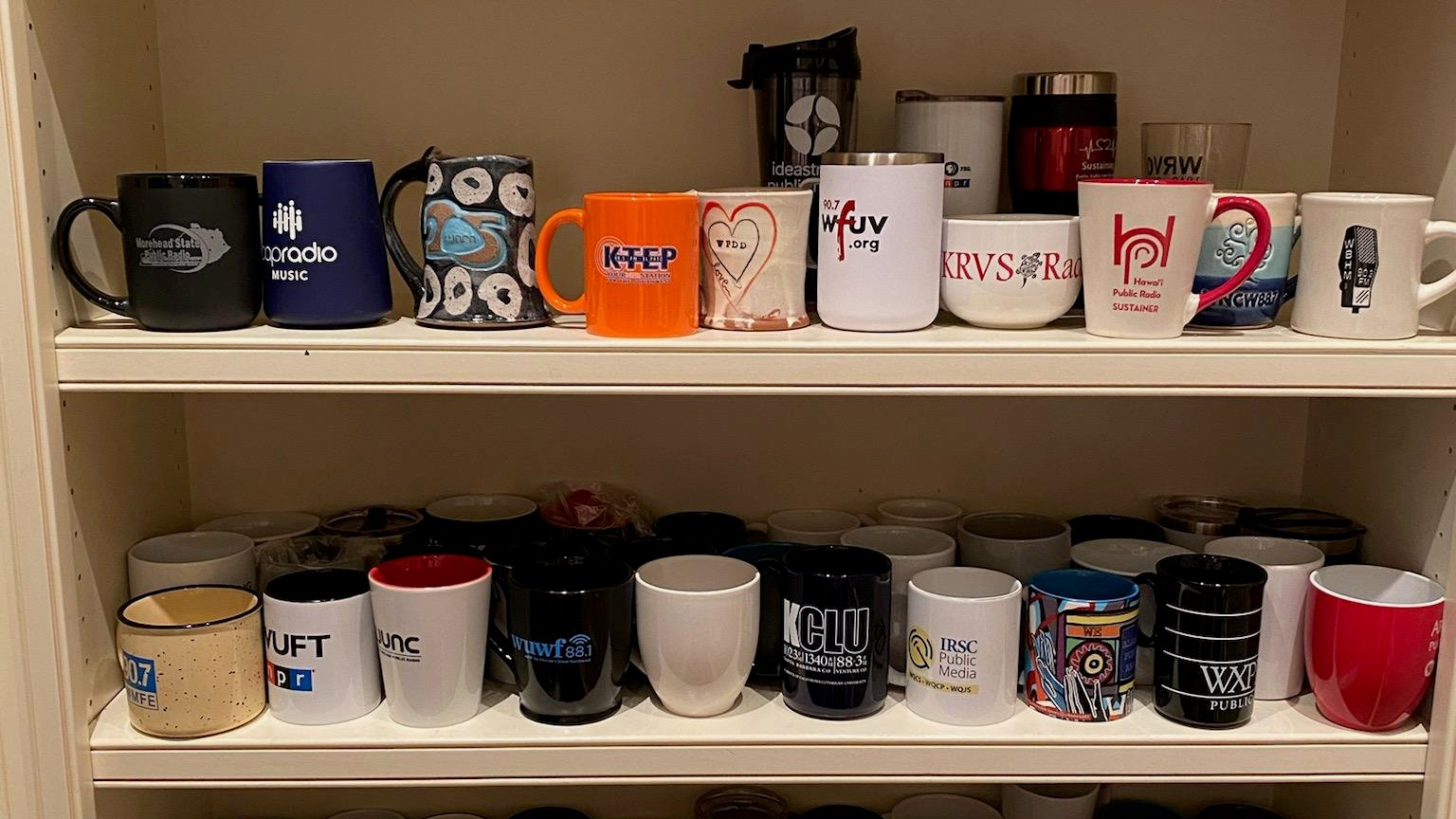

‘Field to Table’ is not correct. The name of this show is called ‘The French Magnolia Cooks’. It’s a cooking show that features Southeastern Virginia farms, fishing and hunting as our source for food. There will be a cooking segment and wine teaching for each episode based on the episode’s focus agricultural product whether it’s game, fish (wild and/or farm raised) or produce.